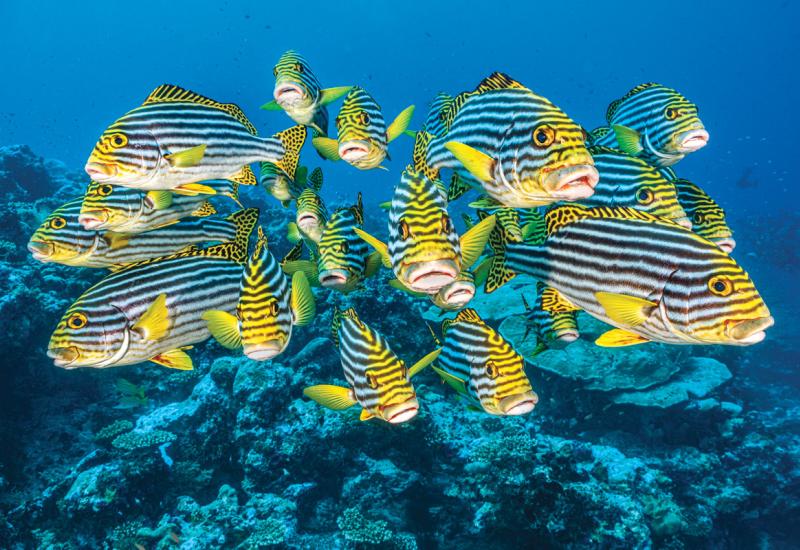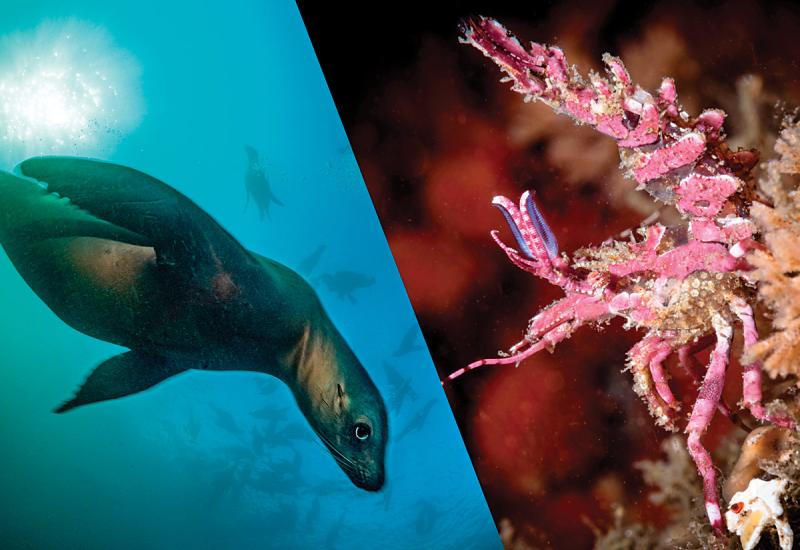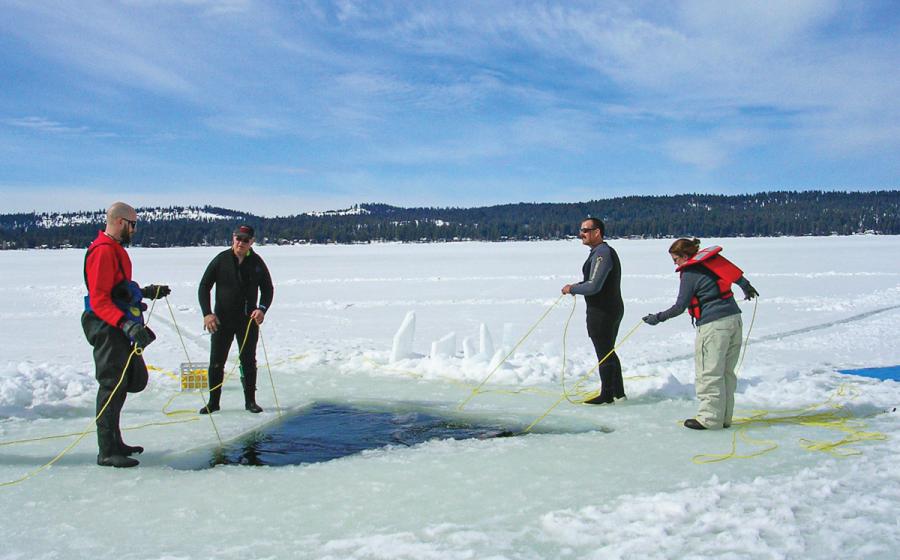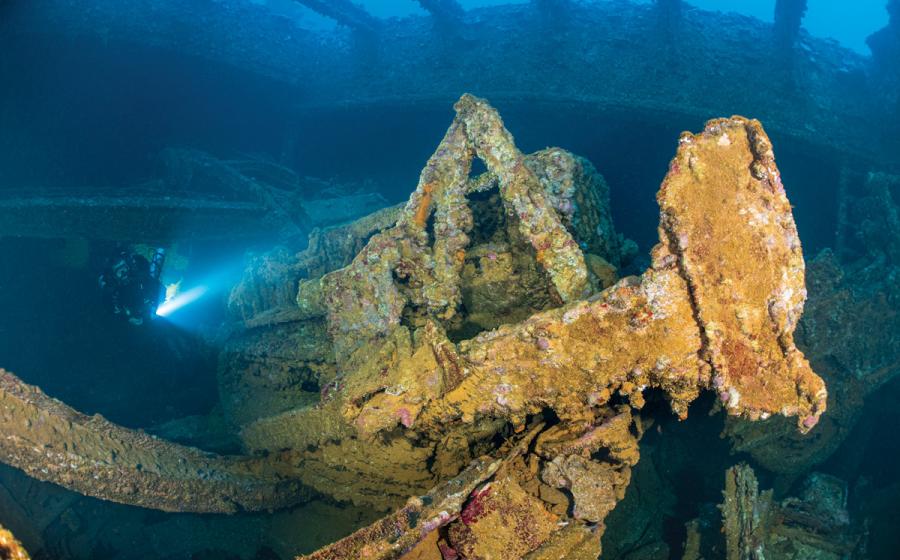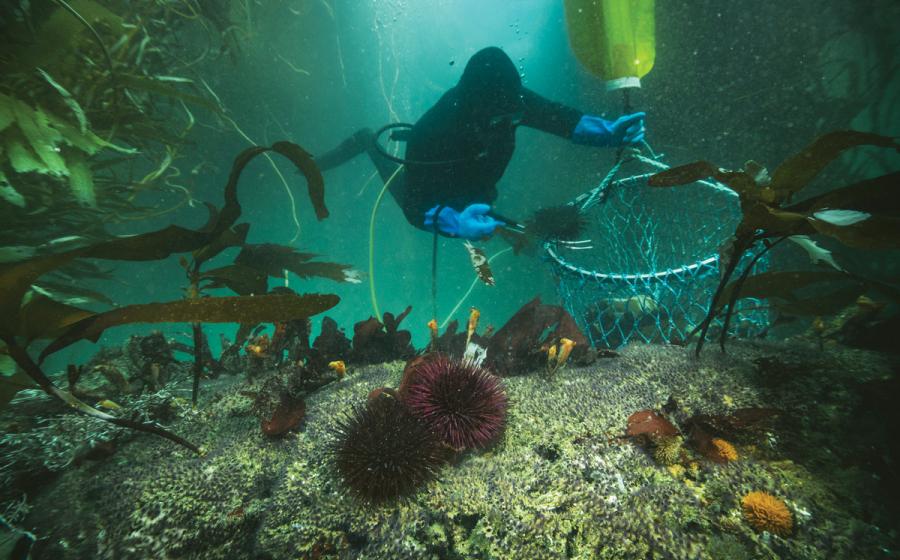Ask the Experts: What if I get Stung by a Jellyfish?
WHAT IF I GET STUNG BY A JELLYFISH?
While the sting of some species can cause life-threatening injuries, the majority of jellyfish injuries range in severity from almost imperceptible numbness to a moderate burning sensation followed by blistering.
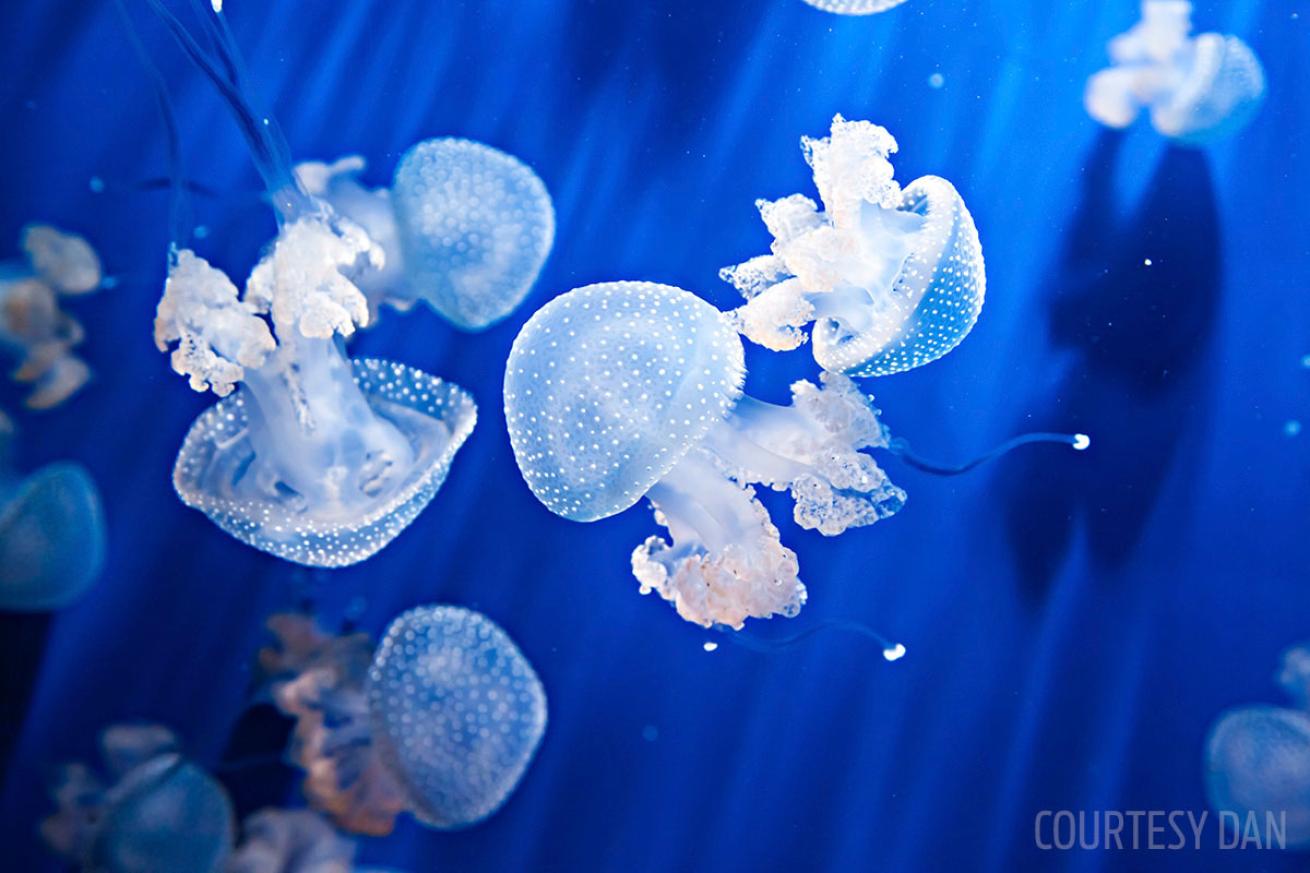
Courtesy Divers Alert NetworkFor more information on hazardous marine-life injuries, visit dan.org/health.
Q: HOW CAN I AVOID A STING?
A: A jellyfish stings through millions of specialized microscopic barbs called nematocysts found on its tentacles. These cells are capable of stinging even if they break off or wash up on the beach, and it can be difficult to avoid tiny fragments of tentacles in the water column. The only way to prevent a sting is to avoid skin contact with a tentacle, so it is advisable to wear a dive skin or a full-body wetsuit in areas where jellyfish might be common. Something as thin as a Lycra skin (or stinger suit) provides a thick enough mechanical barrier to protect you.
Q: HOW CAN I TREAT A STING?
A: If you suspect you are having an allergic reaction due to symptoms like hives, constriction of the airways, a weak and rapid pulse, nausea, vomiting or dizziness, activate emergency medical services immediately. In the case of most jellyfish stings, here is how you should respond:
1) Avoid rubbing. This could cause envenomation and additional injury.
2) Remove tentacles using tweezers or gloves.
3) Flush the area with seawater. Never rinse with fresh water; this could cause unfired nematocysts to burst.
4) Immerse the area in hot water for 30 to 90 minutes. Use the hottest water you can tolerate on the skin surrounding the injury. If necessary, seek emergency medical evaluation.
Q: SHOULD I USE VINEGAR?
A: Some studies have shown that vinegar can cause the firing of stinging cells with one species, causing additional injury. Current AHA guidelines recommend white vinegar as first aid. Generously rinse the area with vinegar to stabilize any unfired nematocysts before removing tentacles and proceeding with treatment.
For more information on hazardous marine-life injuries, visit dan.org/health.

.jpg?itok=QuKTldYw)

